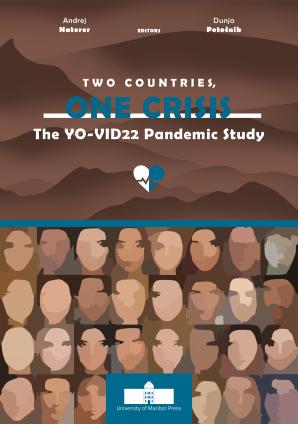8. Family and Partnership
Synopsis
This chapter examines how the COVID-19 pandemic reshaped family relationships, partnerships, and youth well-being in Croatia and Slovenia. The findings reveal that family ties acted both as a protective buffer and a source of strain. Slovenian youth reported significant declines in satisfaction with family life and parent-child relationships, likely linked to strict lockdowns, economic pressures, and rising individualism. In contrast, Croatian youth demonstrated greater relational stability, reflecting strong familial norms and resilience reinforced during concurrent crises. Friendships weakened in both countries, particularly in Slovenia, while romantic partnerships proved comparatively stable, with evidence of accelerated cohabitation among Croatian youth. Across both contexts, mothers and family networks remained the dominant influence on young people’s key decisions. Mental health, however, emerged as the most negatively affected domain. Policy implications stress the need for targeted family support, expanded youth mental health services, and programmes that rebuild peer connections and address evolving aspirations for family life.
Downloads
Pages
Published
Categories
License

This work is licensed under a Creative Commons Attribution-ShareAlike 4.0 International License.






